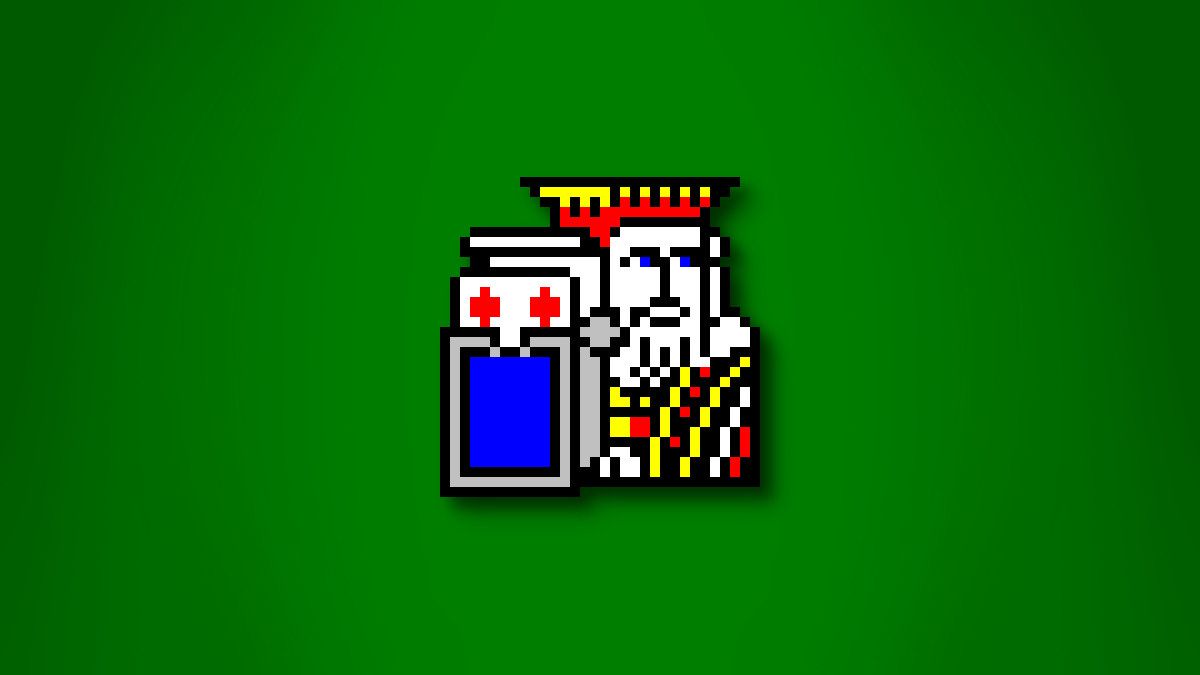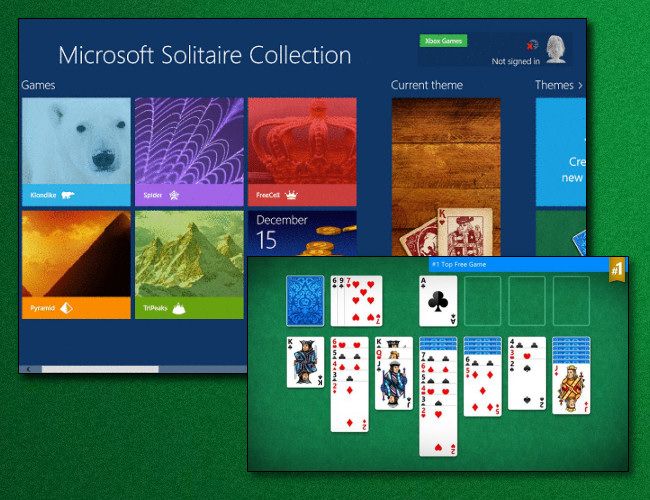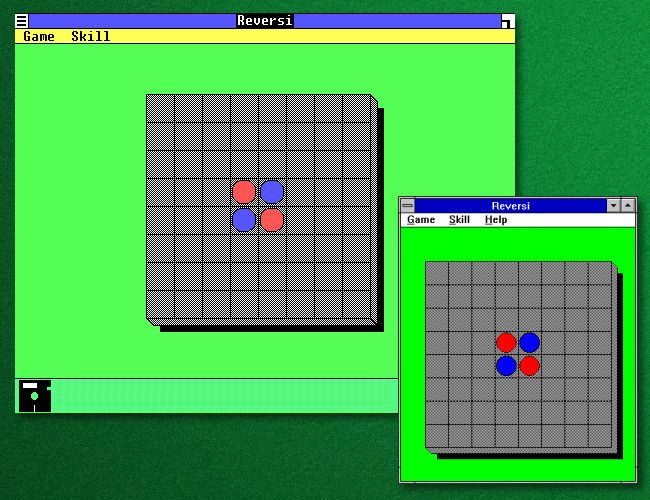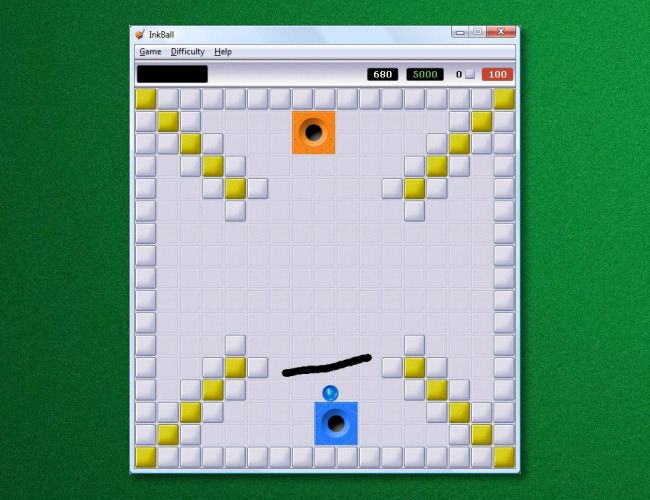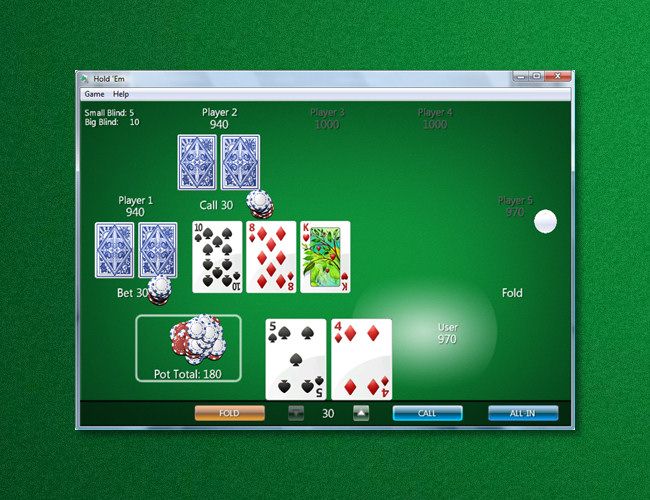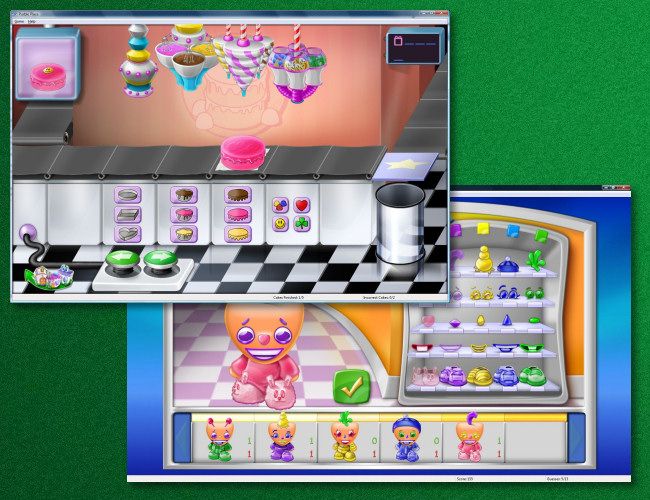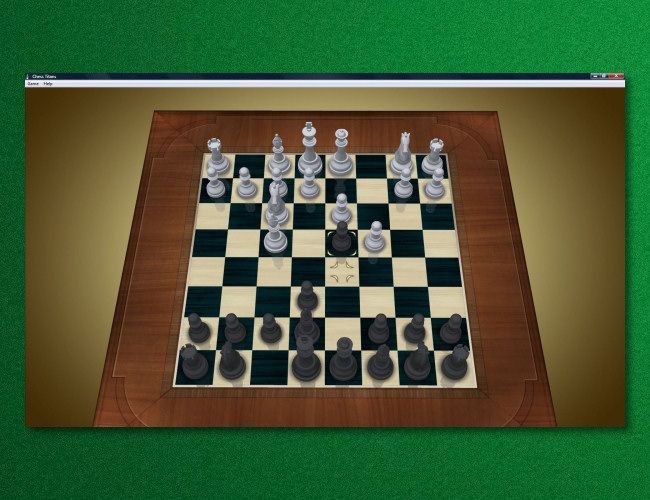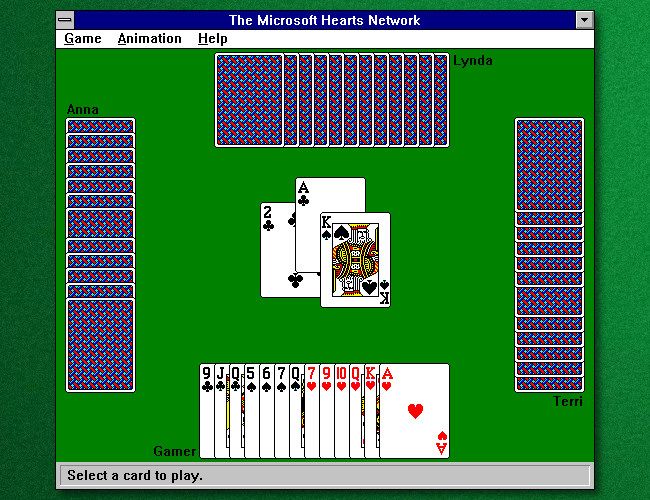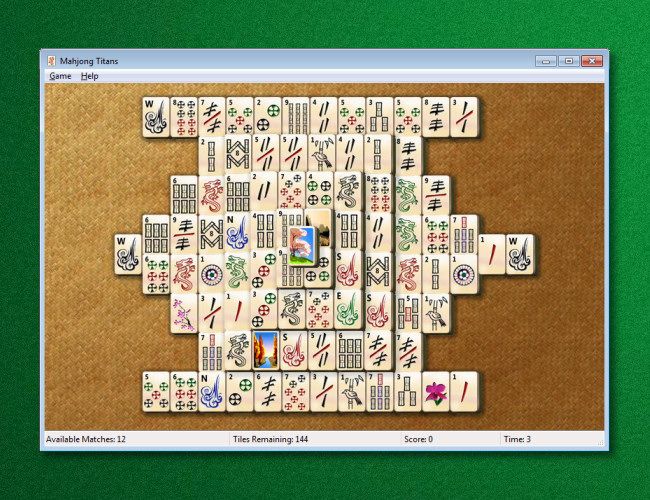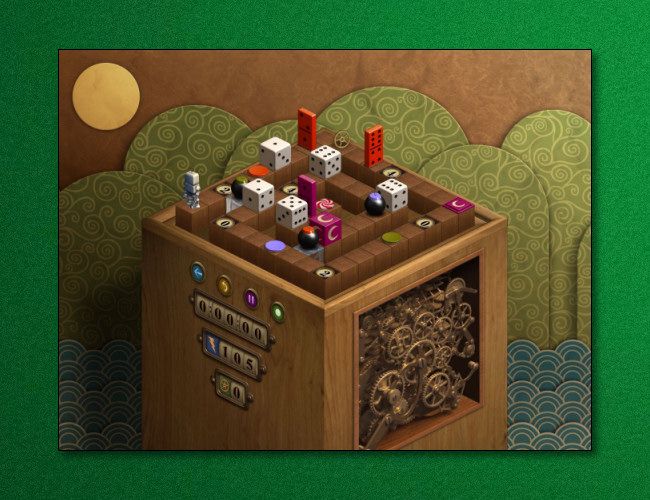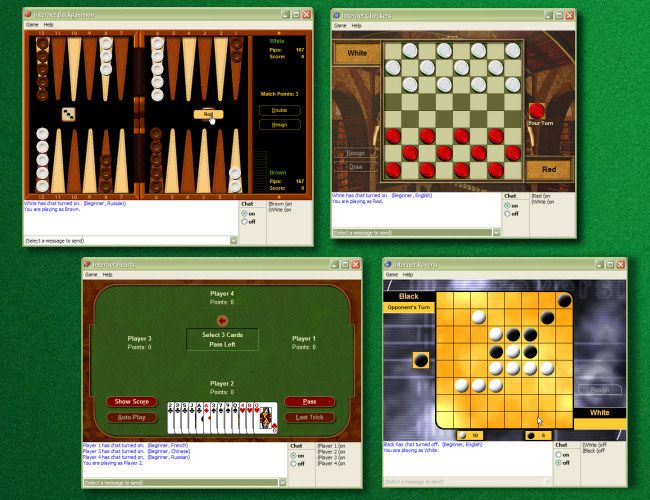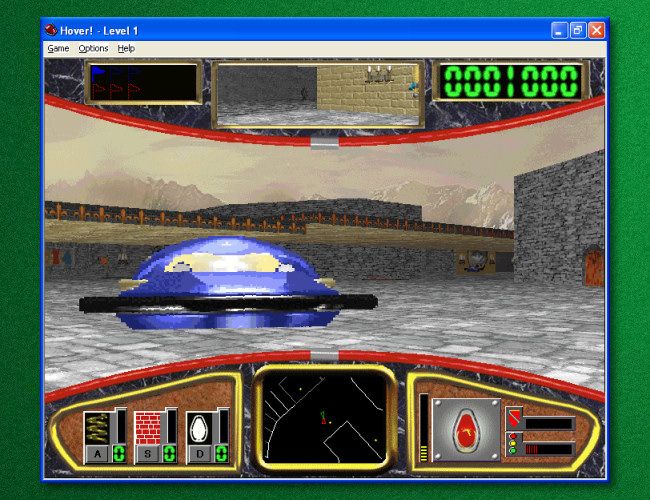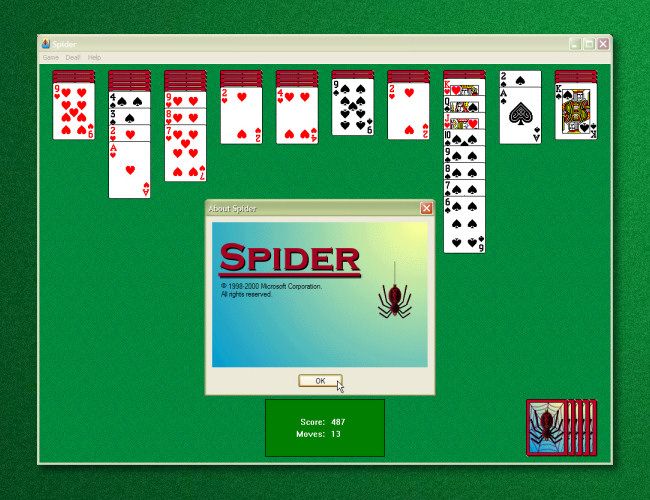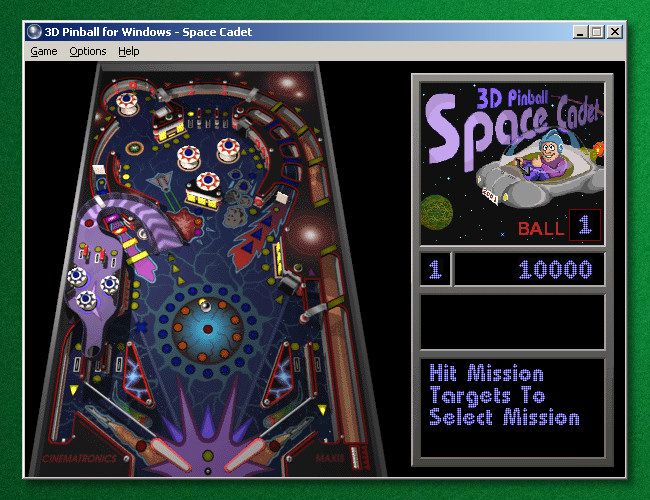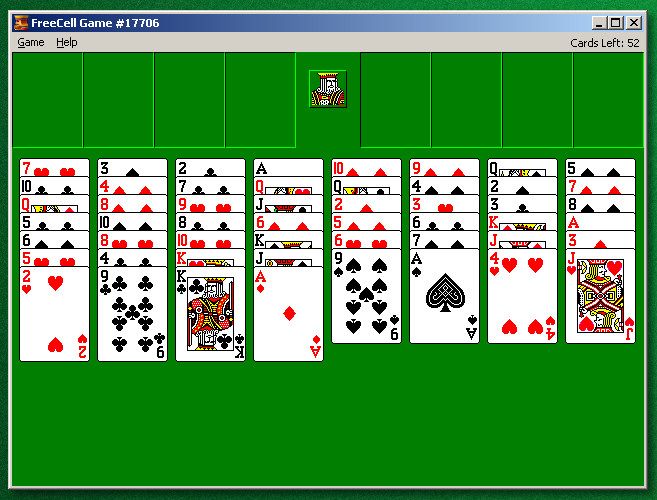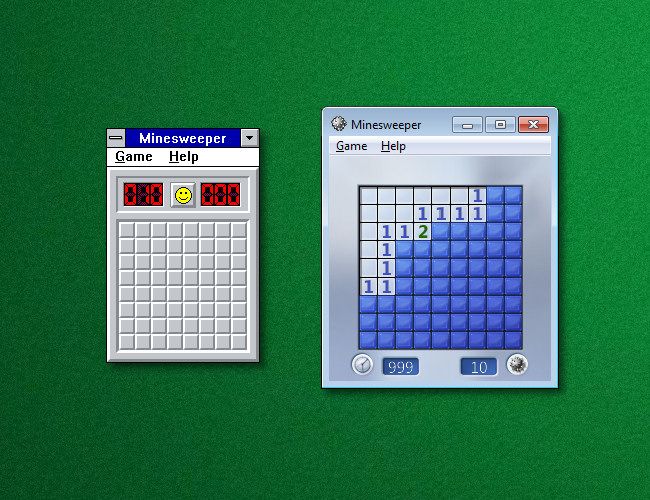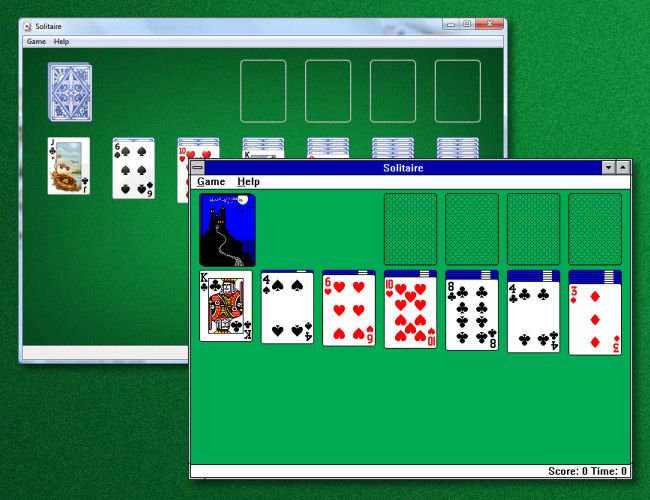Quick Links
Over the past 36 years, Microsoft has included over a dozen different games with its Windows releases (depending on how you count.) We took a look through history and ranked them, worst-to-best. Which game would you rank as number one?
#16: Solitaire Collection (2012)
(Windows 10, 11)
In the Windows 8 era, the classic Windows Solitaire disappeared from the OS but went free-to-play on the Microsoft Store as Microsoft Solitaire Collection. It includes the classic Solitaire game, Spider Solitaire, FreeCell, Pyramid, and TriPeaks. Each game can be played in either Klondike or Vegas mode. The collection inspired controversy for adding in-game advertisements and microtransactions. Still, it found its way into later versions of Windows 10 and Windows 11, and the production is well done if you ignore the unnecessary nickel-and-diming from Microsoft. Because no matter what Microsoft says, subscription Solitaire ($15 a year for no ads) is a bad idea.
#15: Reversi (1985)
(Windows 1, 2, 3.0)
Reversi was the first-ever Windows pack-in game, shipping with Windows 1, 2, and 3.0. It's a classic board game (often called "Othello") where two players take turns placing pieces on a grid, with the goal of having the most pieces of their color when the board is full. While the game is timeless, the computer player is brutal and difficult to beat, making the game simply no fun. It's no surprise that Microsoft replaced Reversi with Minesweeper in Windows 3.1.
#14: Inkball (2004)
(Windows XP Tablet PC Edition, Windows Vista)
Inkball is a deceptively simple puzzle game first introduced for Windows XP Tablet PC Edition 2005. The objective is to guide one or more colored balls through a maze to the exit, avoiding obstacles and enemies. The game is played by drawing lines on the screen with a touchscreen stylus or mouse to direct the balls. This is surprisingly hard to do with any precision, and often the balls will go careening off in the wrong direction. But it's a fun challenge---especially if you have a touchscreen at your disposal.
#13: Hold 'Em (2007)
(Windows Vista)
During the Texas Hold 'Em craze of the 2000s, Microsoft included a similar poker card game called Hold 'Em in Windows Vista Ultimate Extras. Hold 'Em features 3D graphics, customizable card backs, and four different modes of gameplay: Limit, Pot Limit, No Limit, and Tournament. You can play against up to 5 computer opponents of varying difficulty. Due to gambling themes, Microsoft held this game back from the main Vista releases, keeping it as an Ultimate Extras exclusive.
#12: Purble Place (2007)
(Windows Vista, Windows 7)
With Purble Place, Microsoft purposely aimed a built-in Windows game at young kids for the first time. The object of the game is to help the Purble characters complete tasks by solving puzzles. It includes three mini-games: Purble Pairs, Purble Shop, and Comfy Cakes. The graphics are colorful and fun, and since a generation likely grew up with it, there's probably some cult nostalgia for it out there just waiting to bubble to the surface.
#11: Chess Titans (2006)
(Windows Vista, 7)
When it came to refreshing the set of games included with Windows Vista (that carried over into Windows 7), Microsoft did well to include Chess Titans, which is a basic chess game with attractive 3D visuals developed by Oberon Games. You can choose between different chess board styles and play a high-ranked computer opponent if you wish. But beneath it all, it's just chess.
#10: Microsoft Hearts (1992)
(Windows for Workgroups 3.1, 98, Me, 2000, XP, Vista, 7)
Microsoft Hearts originated as a game called "The Microsoft Hearts Network" that shipped with Windows for Workgroups 3.1 in 1992. In a first for Windows pack-in games, Hearts could be played multiplayer over a LAN, which was in keeping with network-focused "Windows for Workgroups" version of Windows. Hearts is a classic card game for four players where players avoid taking any tricks that contain hearts. The player with the lowest score at the end of the game wins. Over time, the game changed in subsequent versions of Windows, but it remains a classic.
#9: Mahjong Titans (2007)
(Windows Vista, 7)
Mahjong Titans pulls from a long digital lineage of tile-based solitaire games. It's a Mahjong solitaire game where you match pairs of 144 tiles that have been stacked into various shapes. To win, you must remove every pair of matching tiles with nothing left over. The visuals are pleasing, and the sound effects complement the experience. Overall, Mahjong Titans is a peaceful and satisfying way to while away spare moments between tasks---if you still have an old Windows 7 PC sitting around.
#8: Tinker (2006)
(Windows Vista)
In this stage-based puzzle game, you play as a robot who must travel through a series of mazes, avoiding and dealing with many different types of obstacles along the way. Tinker features 60 levels, fun graphics, and a whimsical soundtrack. The puzzles get challenging pretty quickly, and players can also create their own levels with a level editor. Tinker is not as well-known as other games on this list because it only shipped with the Ultimate Edition of Windows Vista as a pack-in game (although it was available separately at various times.)
#7: The Internet Games Collection (2000)
(Windows Me, XP, 7)
In Windows Me, Microsoft added a group of games that could be played over the Internet: Internet Backgammon, Internet Checkers, Internet Reversi, and Internet Spades. Each game proved a simple and serviceable game with nice graphics and good presentation, many of which attracted a large fan base. Each game included chat lobbies and matchmaking options like classic internet games of yore, and the games held on until the Windows 7 era. Microsoft shut down the servers for the games in 2019.
#6: Hover! (1995)
(Windows 95)
Hover! is a first-person futuristic fictional sports game included with CD-ROM versions of Windows 95 almost as a hidden bonus (it wasn't installed automatically---you had to find it on the disc). It's notable for being a 3D texture-mapped first-person game in a time when that was still fairly novel. In the game there are two teams, and your goal is to collect all the flags of your team's color before the opposing team does. Over the years, Hover! has become something of a cult classic, and it had a re-release in 2013 that has since become unavailable.
#5: Spider Solitaire (1998)
(Windows Me, 2000, XP, Vista, 7)
Invented in 1949, Spider Solitaire was a slow-burning success that had its breakout moment when Microsoft included a digital version of the game with Windows Me in the year 2000. The goal of Spider Solitaire is to remove all of the cards from the table by building sequences of cards (104 total) in descending order from king to ace. In 2005, Microsoft revealed that Spider Solitaire had unseated regular Klondike Solitaire as the #1 most played game in Windows, so it's likely one of the most popular Windows games of all time.
#4: 3D Pinball for Windows -- Space Cadet (1995)
(Windows NT, 2000, Me, XP)
When it comes to Windows games, it's hard to beat the classic nostalgia of 3D Pinball: Space Cadet, which first appeared as an add-on bonus in the Windows 95 Plus! pack, but later shipped with Windows NT 4.0 and several other releases up until Windows XP. Space Cadet originated as part of a separate program created by Maxis that was later ported to Windows, then improved over time. It's a basic pinball table simulation with nice physics, lush graphics, and great sounds. Today, you can play Space Cadet thanks to a port for modern platforms.
#3: FreeCell (1991)
(Windows NT 3.1, 95, 98, 2000, Me, XP, Vista, 7)
Microsoft Freecell first launched as part of Microsoft Entertainment Pack 2 in 1991 and was also used as a 32-bit demonstration program for the Win32s API. With its inclusion in Windows 95, the game became widely popular. In Freecell, you move cards from the tableau to the foundations at the top of the screen. It's a tricky strategy game that has inspired a large following of competitive players. In 2005, Microsoft announced that Freecell was one of the three most popular games played by Windows users.
#2: Minesweeper (1990)
(Windows 3.1,NT, 95, 98, Me, 2000, XP, Vista, 7)
Minesweeper is one of the oldest and most popular games included with Windows. The goal of this puzzle game is to clear a minefield by correctly flagging all of the mines. It has seen several iterations over the years, but the basic gameplay has remained the same. Minesweeper originated a part of the Microsoft Entertainment Pack, then shipped with Windows 3.1 in 1992. It received a graphical update with Windows Vista, but Microsoft pulled the game from Windows 8. Today, Microsoft makes a free-to-play version of Minesweeper riddled with ads similar to the Microsoft Solitaire Collection in concept. It'll never beat the classic version, though.
#1: Solitaire (1990)
(Windows 3.0, 3.1, NT, 95, 98, Me, 2000, XP, Vista, 7)
This is it: The mother of all Windows card games and the celebrated solo classic that has been supposedly responsible for millions of lost dollars of productivity in the workplace. What's their loss is our gain as we enjoy moments to collect our thoughts with this satisfying and easygoing card game.
Solitaire shipped in several versions over the years, notably the one included with Windows 3.0 and 3.1, a version with 95-2000, and a redesign with Vista (abandoning the classic Susan Kare graphics). Unfortunately, Microsoft pulled Solitaire from Windows 8 and made it free-to-play (see Microsoft Solitaire Collection above), arguably diminishing the Windows series until the King returns to its proper place as a truly free Windows pack-in. Happy gaming!

